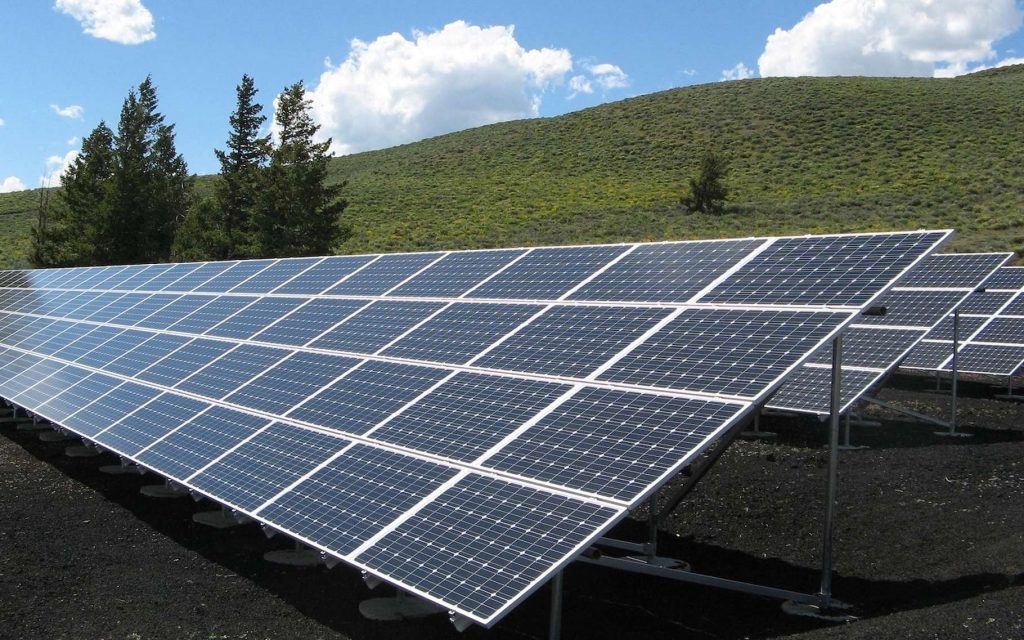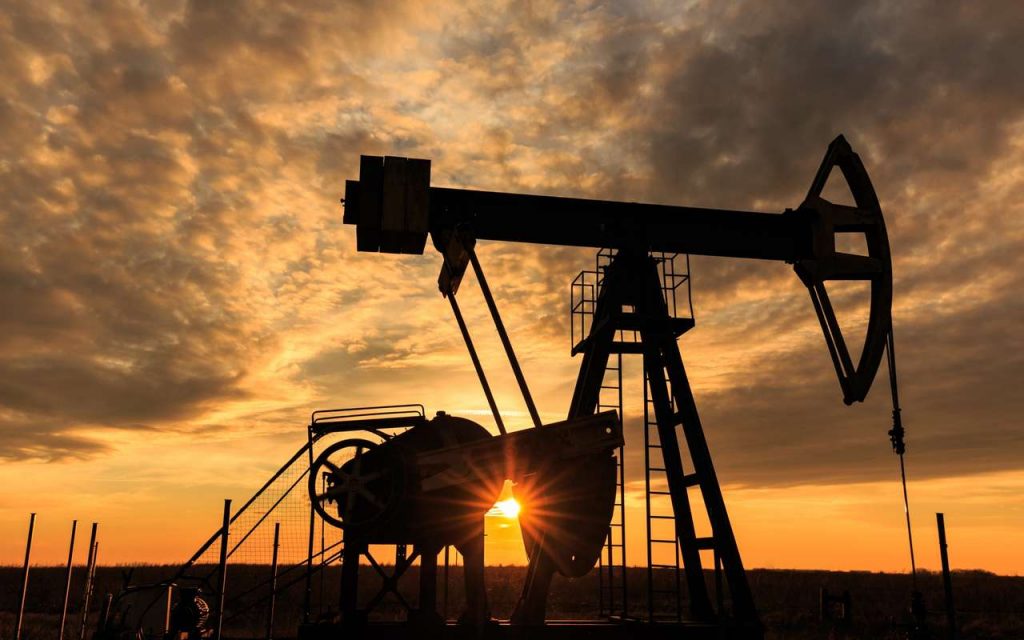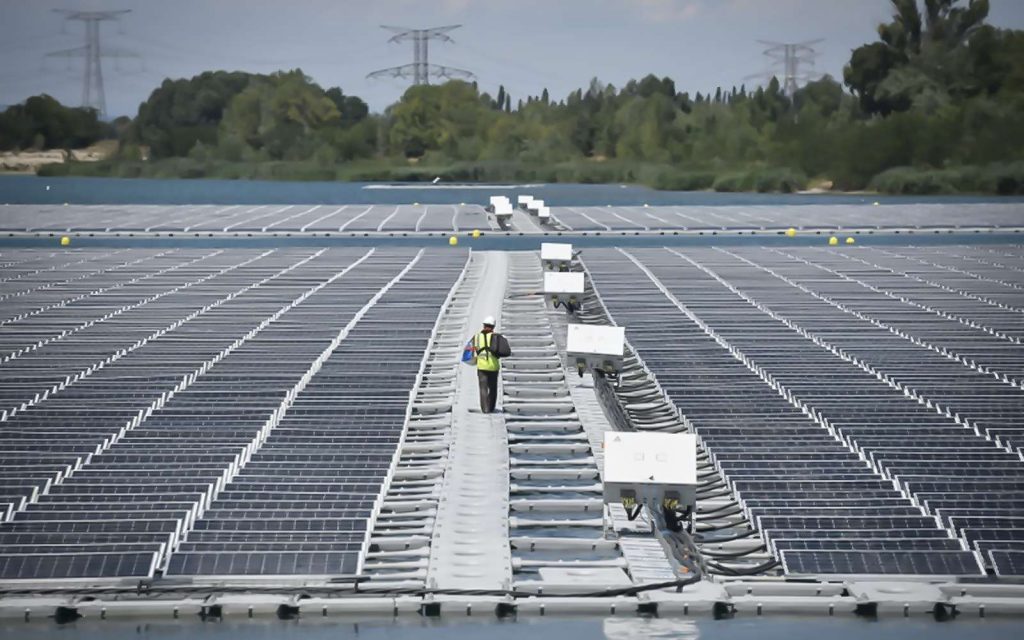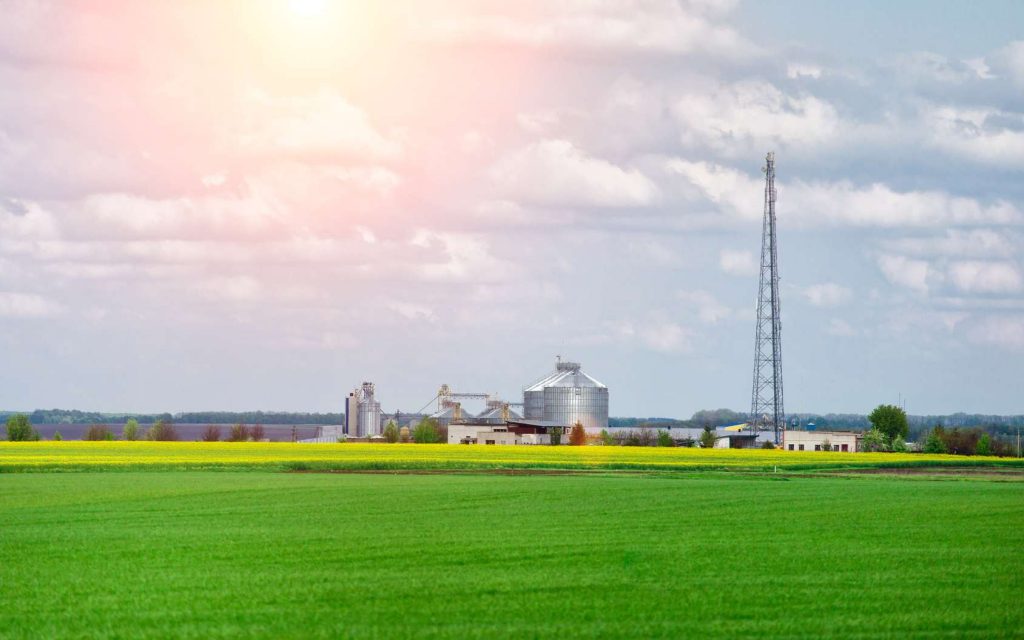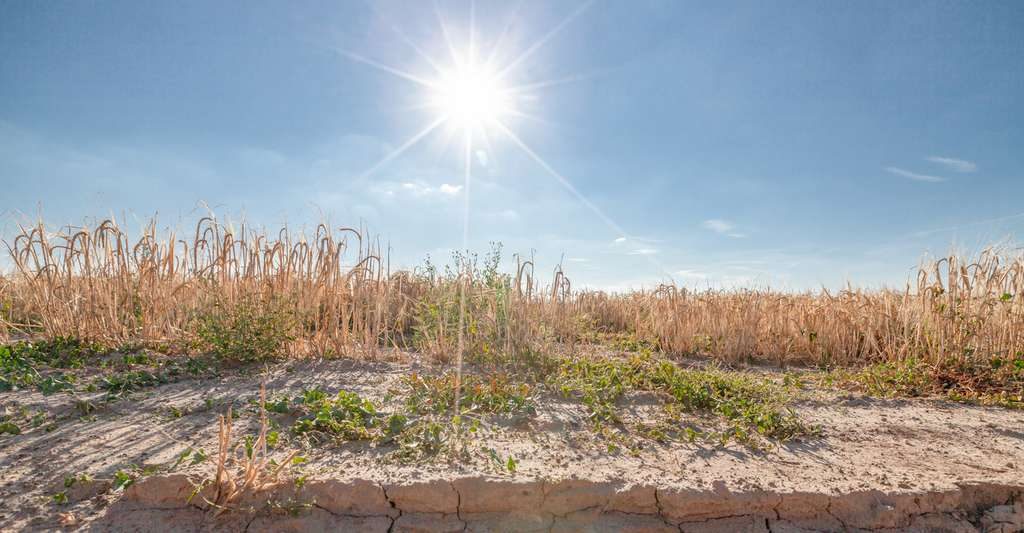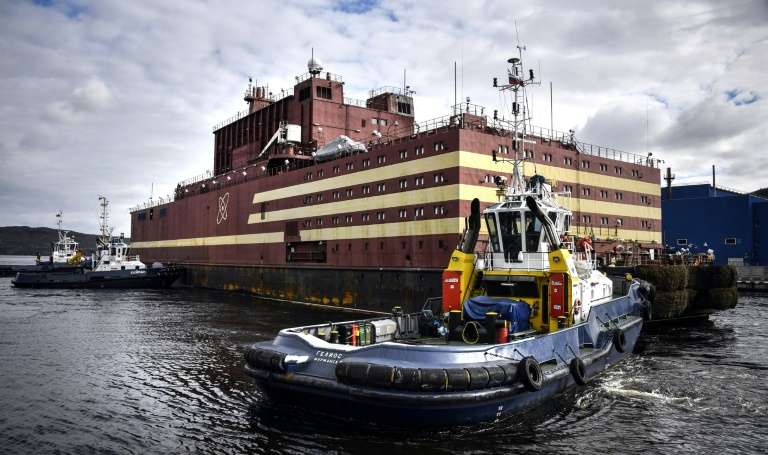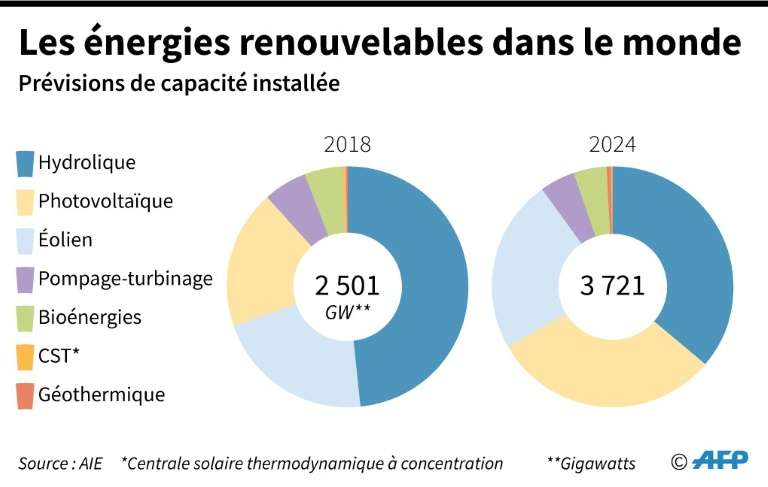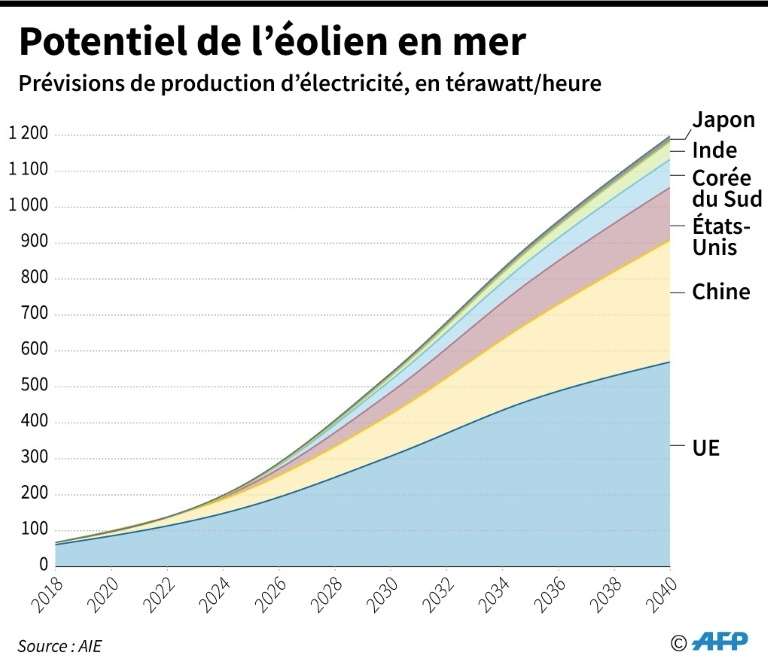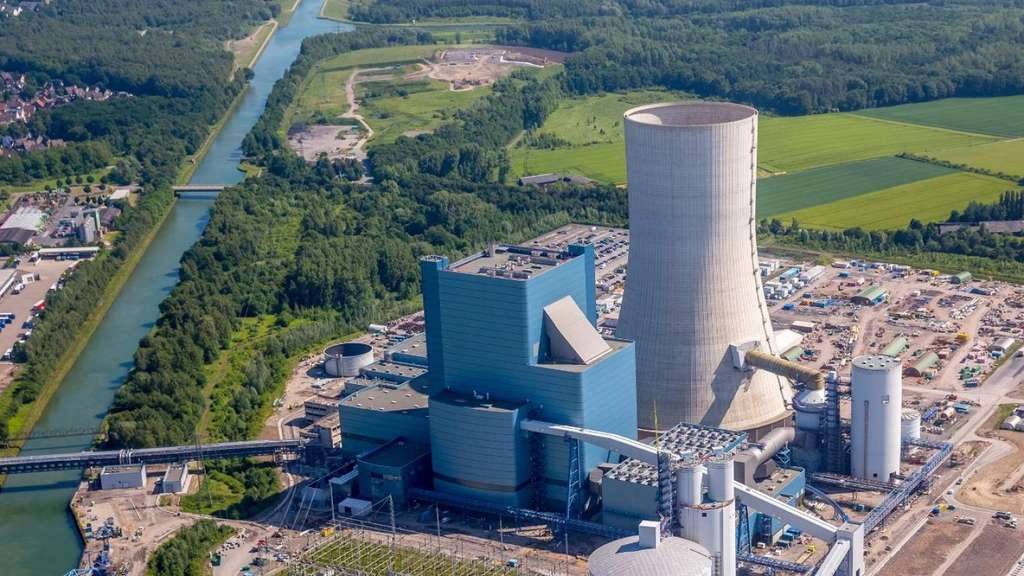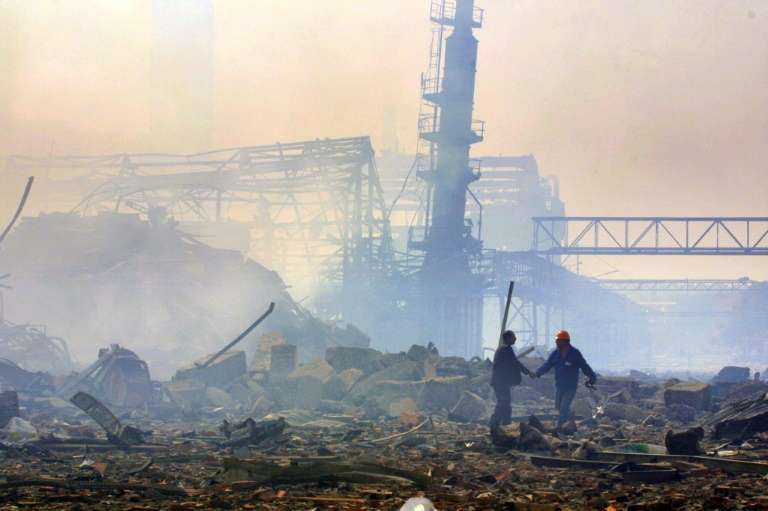Photovoltaics: France bets on research
Today, China dominates the world market for solar panels. But thanks to its new Photovoltaic Institute inaugurated this week, France hopes to be able to develop unique know-how in terms of breakthrough technologies. It was in 2013 that the Ile-de-France Photovoltaic Institute (IPVF) was labeled Institute for the energy transition . It brings together both academic partners such…
Read more
The world’s largest oil field is declining at an alarming rate
The Ghawar deposit, east of Saudi Arabia, accounts for half of the oil drawn from the kingdom. Its output has nevertheless mysteriously dropped according to figures from the national company Saudi Aramco revealed for the first time in 40 years. It has been a well-kept secret for decades. Saudi Aramco, the Saudi oil company published on…
Read more
The first floating solar power plant in France sets up in Provence
The first floating solar power plant in France will come into service next September and the 47,000 photovoltaic panels will float on the water of an old disused quarry that has turned into an artificial lake. The project will have taken ten years to materialize in the small town of Piolenc, near Orange, in the…
Read more
The future European agricultural policy criticized by scientists
German researchers have analyzed the proposals of the European Commission for post-2020 agricultural policy. According to their conclusions, the reform would not be up to the environmental challenges. The common agricultural policy (CAP), which represents around 40% of Europe’s budget, is currently the subject of negotiations for the period 2021-2027. In June 2018, the European…
Read more
Global warming and agriculture: the Earth’s lands are dying, warns the IPCC
Subject to the pressure of human activities and climate change, the land is suffering. However, rapid and far-reaching measures for sustainable management and reduction of greenhouse gas emissions could save them. And be part of the solution against global warming. This is what emerges from the latest report of the Intergovernmental Panel on Climate Change…
Read more
The first floating nuclear power plant begins a 5,000 km journey
It is Russian, weighs 21,000 tonnes, is 144 meters long and 30 meters wide. It is the world’s first floating nuclear power plant, equipped with two reactors with a capacity of 35 MW each. The Akademik Lomonossov will cross the Arctic to reach its home port in eastern Siberia, a high-risk crossing and an energy…
Read more
Renewable energy has a bright future thanks to small solar units
It is through small solar units that renewable energies will find their place in the sun. By 2024, the number of installations, in private homes and private companies, is expected to grow by 50% worldwide. Growth that is likely to transform the way electricity is produced and consumed, according to the director of the International…
Read more
Offshore wind power, almost limitless potential, within our reach
The potential of offshore wind power is almost unlimited according to the IEA, which is based on a very comprehensive report based on a geospatial analysis. Offshore wind energy production is expected to explode by 2040 around the world and could help achieve carbon neutrality by becoming the first source of electricity in the European…
Read more
Germany to commission additional coal plant
While it has committed to get out of coal by 2038, Germany has just authorized the commissioning of a new plant which should therefore produce until … 2060. A decision which illustrates the dilemma facing many countries, torn between demand for production and profitability on the one hand, and on the other, respect for their…
Read more
France remains little prepared for industrial risks
Twenty years after the AZF disaster in Toulouse, where are we in France? We recently experienced the fire at the Lubrizol chemical factory in Rouen and, according to the Industrial Risks and Pollution Office, the number of accidents on industrial sites has increased by 34% in two years. How many facilities are classified at risk?…
Read more
